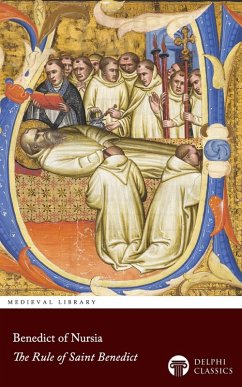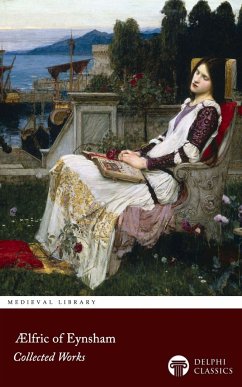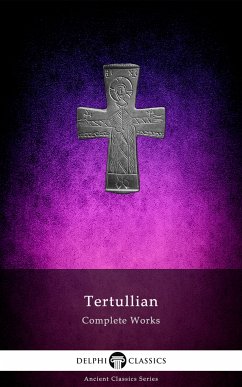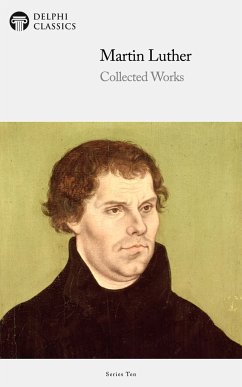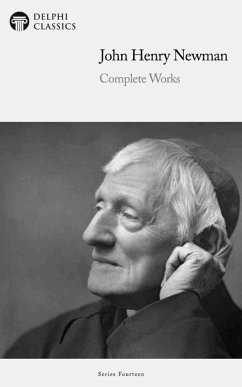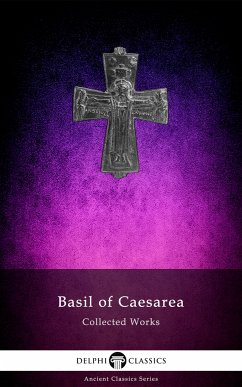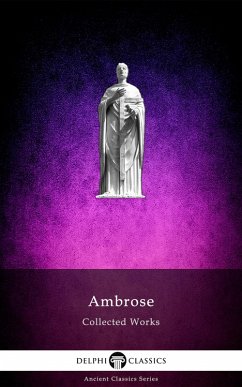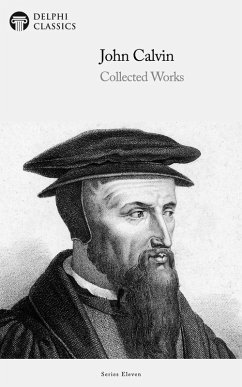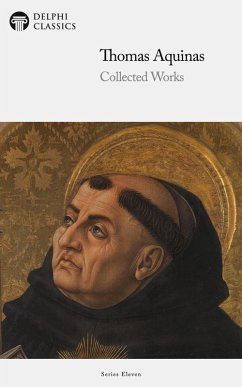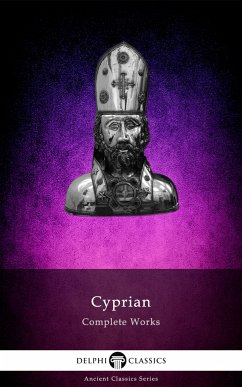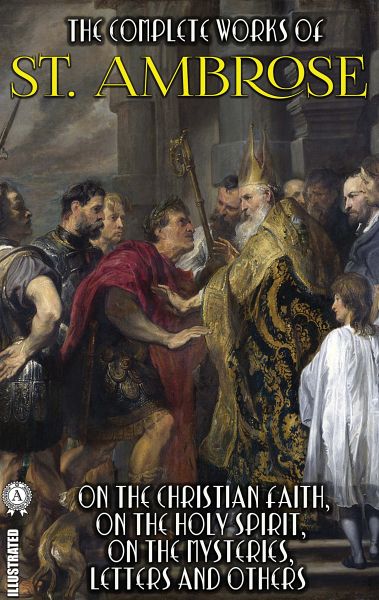
The Complete Works of St. Ambrose. Illustrated (eBook, ePUB)
On the Christian Faith, On the Holy Spirit, On the Mysteries, Letters and others

PAYBACK Punkte
0 °P sammeln!
The Complete Works of St. Ambrose. Illustrated (eBook, ePUB)
Dieser Download kann aus rechtlichen Gründen nur mit Rechnungsadresse in A, B, BG, CY, CZ, D, DK, EW, E, FIN, F, GR, H, IRL, I, LT, L, LR, M, NL, PL, P, R, S, SLO, SK ausgeliefert werden.




